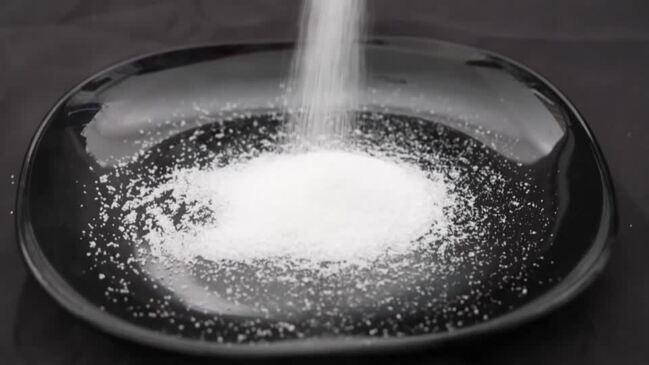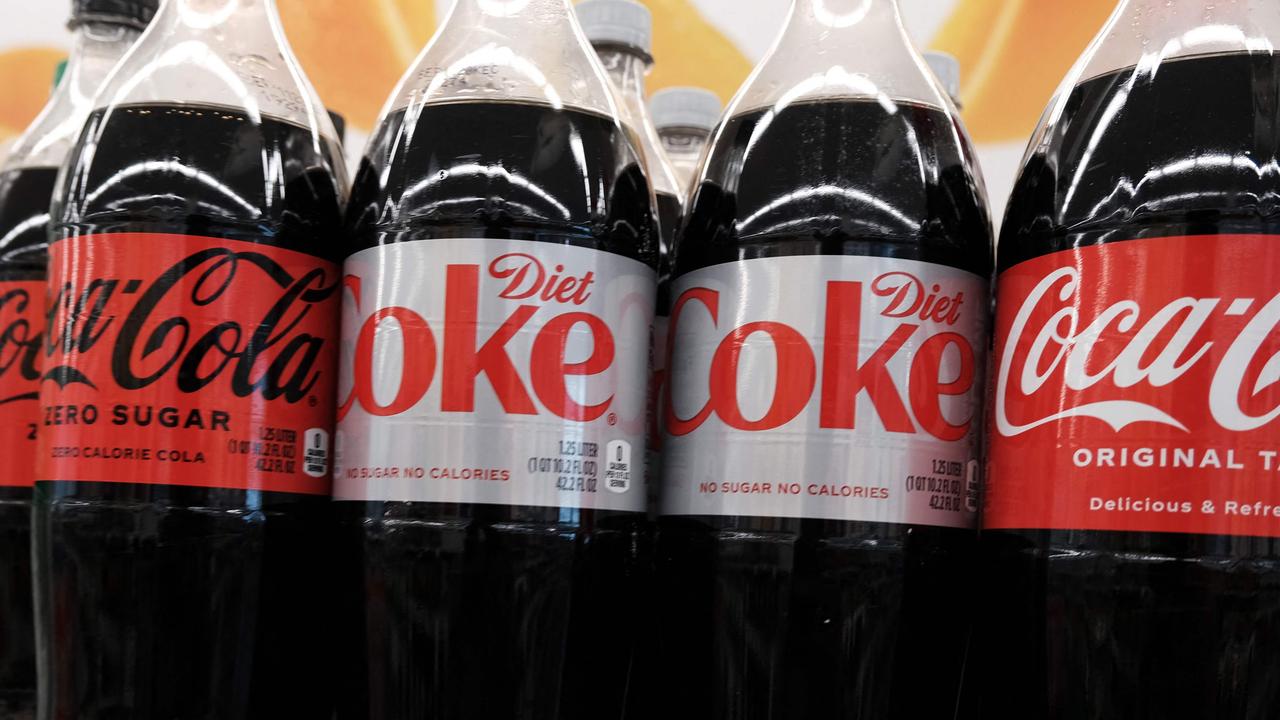‘Exercise caution’: Drinking diet soft drink during pregnancy linked to autism
Pregnant women who consume diet soft drinks could experience higher rate of autism diagnoses in their sons, according to a new study.

A new study has raised “new questions” about Diet Coke and Diet Pepsi and its potential impact on autism rates, particularly in newborn sons.
Research suggests that the artificial sweetener aspartame, commonly found in diet soft drinks, could be linked to higher rates of autism diagnoses in boys.
Conducted by researchers at The University of Texas Health Science Center at San Antonio (UT Health San Antonio), the study has revealed an association between autism diagnoses in boys and daily consumption of diet soft drink or equivalent amounts of aspartame by mothers during pregnancy or breastfeeding.
Among boys diagnosed with autism, their mothers were three times as likely to report consuming at least one diet soft drink daily or an equivalent amount of aspartame, equivalent to one can of diet cola per day.

Lead author of the study, Raymond F. Palmer, PhD, and a professor in the Department of Family and Community Medicine at UT Health San Antonio, remarked, “Our findings raise new questions about potential neurological impacts that need to be addressed.”
Exposure to at least one can of diet soft drink daily during pregnancy or breastfeeding, or an equivalent amount of aspartame, could potentially increase the risk of autism, according to the study’s findings.
Adding to the ongoing debate, this study follows another that raised worries about how aspartame might affect memory and learning. Another recent study also hinted at a potential connection between aspartame and cancer.
The study employed a case-control approach, gathering retrospective dietary “recalls” from mothers of 235 offspring with autism spectrum disorder and 121 offspring with typical neurological development (the control group).
The researchers specifically focused on reported aspartame consumption by the mothers.
Comparing the results between the two groups, researchers found that male offspring with autism were more than three times as likely to have been exposed to aspartame-sweetened products daily while in utero or during breastfeeding compared to neurologically typical children.
Interestingly, this association was observed in boys but not in girls.
However, it’s essential to note that most autism cases in this study (87 per cent) were male, highlighting the need for further research with larger sample sizes of both sexes and prospective measurement of dietary exposures and additional risk factors.
The findings open up new avenues for research and emphasise the importance of monitoring dietary habits during pregnancy and breastfeeding for their potential impacts on child neurodevelopment.
“Our findings contribute to the growing literature raising concerns about potential offspring harm from maternal diet beverage and aspartame consumption during pregnancy,” remarked one of the study’s authors, urging caution among women when considering these products during pregnancy and breastfeeding until further assessments are available.
These findings add another layer of complexity to the ongoing discussion regarding the safety of artificial sweeteners, and they underscore the need for comprehensive research to better understand the potential risks associated with their consumption, particularly during critical periods of child development.





